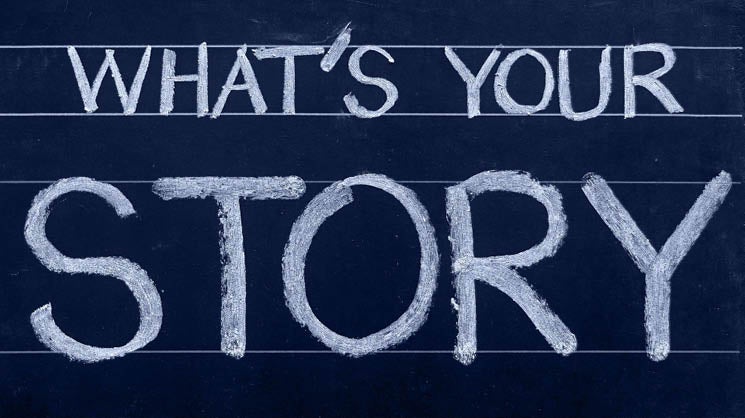Applications for graduate programs are soon opening at universities around the U.S. Most graduate programs at Rice open up their applications around September 1, so the last stretch of summer is a great time to begin preparing your materials. Many programs require you to write a personal statement for your application, which can be tricky! Here are some tips to help make your personal statement as strong as possible.
Give yourself lots of time to write.
The personal statement is a chance to advocate for yourself. It is a very important piece of your application in which the real you—beyond GPAs and test scores—can shine through. You want to convey your goals and your skill sets, but you also want to show who you are. Make sure to dedicate a good chunk of time to writing your personal statement; this is not something you want to rush! You will likely go through a handful of edits in order to make your personal statement as strong as possible. You may also need to have different versions of your personal statement tailored to specific programs. Some programs may ask you to respond to a specific prompt or focus on a theme. Programs may outline specific information that they want to read in your statement, or you may want to emphasize different aspects of your portfolio for different programs. While the bulk of your personal statement can be universal, you may need to tweak pieces of it for each program you apply to. Remember, take the time to get it right - don’t start drafting it a week before applications are due.
Seek out extra sets of eyes to edit.
While proofing your own work is a must, there is a reason why writers have editors: it always helps to have another set of eyes on your writing! We can easily miss simple mistakes or confusing phrases in our own writing, especially after we have sat in front of it for hours. Seek out somebody you trust to read over your personal statement for you. If you can get a mentor in your field to look over your personal statement, that is ideal. Do you think one of the professors writing your letter of recommendation would have time to read over a draft? If so, their insight can be a huge help in perfecting your personal statement. If you are currently enrolled in college, check out your university’s career center or writing center, if available. You can typically arrange an appointment with a consultant who will help you strengthen your statement.
Why grad school at Rice?
Your personal statement should communicate that you are a good fit for the program. Why is Rice a place you will thrive as a graduate student? You want to show that you would be a great addition to the program, and you want to signal that you’ve done your research about why Rice is the place for you! Furthermore, your personal statement allows you to express why you believe you will succeed. What are your goals, and what skills do you already possess that will help you excel? You can then touch upon why Rice will help you meet those goals and enhance those skills.
Certain graduate programs and fields of study also like to see you identify potential faculty matches in your personal statement. Why do you want to work with Professor X, and why should they be interested in you as a potential new student? Again, identifying faculty matches in your personal statement shows that you have done the necessary research. However, it is good to first check with professors or advisers in your fields about including potential faculty matches in your personal statement, as the norms can differ across fields and programs. Remember not to limit yourself too much, while at the same time try not to be too broad. Read more about faculty advisers and finding a match here.
Proofread!
Your personal statement is also a sample of your writing abilities. Strong writing skills are a must in graduate school, so you want to make sure your personal statement is error free. Some graduate programs ask for additional writing samples, but others do not. For the programs that do not require writing samples, your personal statement may truly be the only sample of your writing that the admissions committee receives. You want to show that you have a strong command of grammar and syntax. You also want to show that you are an interesting writer! You need to convey a lot of tangible, important information about your skillset and your goals, but you also want to present a narrative about who you are and why you want to pursue graduate school. Remember, your personal statement is a chance for the admissions committee to get to know you beyond your resume and your test scores! Make sure that your statement shows that you are a strong and compelling writer.
Do not forget to double check for any “oops” moments: make sure the name of the university is correct, make sure you are naming the correct faculty, make sure you are referring to the program properly, etc. These may seem like no-brainers, but mistakes happen! If you are juggling multiple versions of your personal statement, it is quite easy to forget to change names and references across similar versions, and suddenly you have submitted a personal statement about why you are a great fit for University X to University Y. Take the time to proofread your statement carefully to make sure it is perfectly polished before submitting!
Further Reading:
Grad School 101: Approaching the application process
Grad School 101: Getting letters of recommendation
Grad School 101: Applying for academic fellowships
About the author: Originally from Massachusetts, Emily Elia is a third-year Ph.D. student in political science. She graduated from the University of Alabama in 2018 and currently studies comparative politics with a focus on Latin America.

